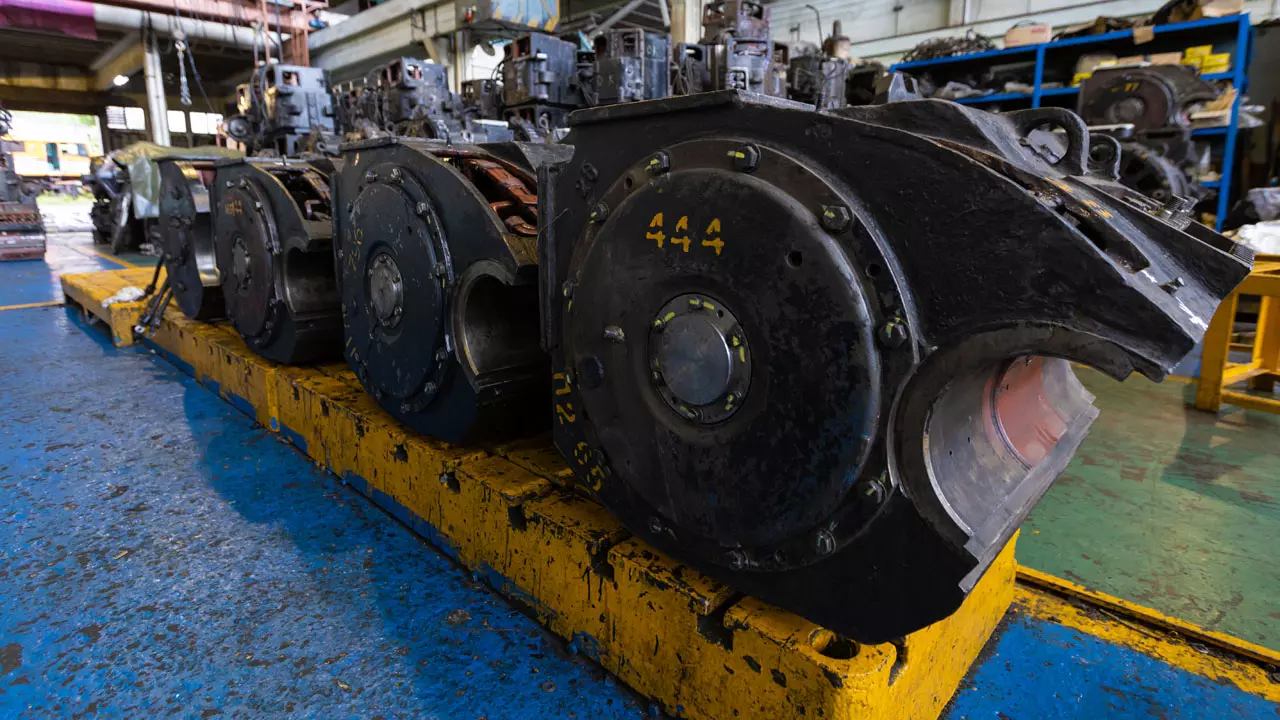Foodstuffs, Medical Supplies and Humanitarian Aid
Navigating the Logistics of Essential Goods: Foodstuffs, Medical Supplies, and Humanitarian Aid
International commerce involves a complex network of commodities. Foodstuffs, medical supplies, and humanitarian aid represent critical categories, each subject to specific regulations and logistical considerations. A clear understanding of these classifications is vital for importers and exporters to guarantee seamless customs clearance and the prompt delivery of essential items.
Foodstuffs: Ensuring Safe and Efficient Delivery
Foodstuffs encompass a broad spectrum of edible products essential for human sustenance. This includes fresh produce, grains, processed foods, and beverages. These items are subject to stringent regulations designed to protect public health and ensure food safety. International shipment of foodstuffs presents unique challenges, particularly for perishable goods. Maintaining the integrity of the cold chain, employing appropriate packaging solutions, and adhering to all relevant import and export regulations are crucial for preserving product quality and preventing spoilage.
- Temperature Control: Maintaining precise temperature control throughout the supply chain.
- Packaging: Utilising appropriate packaging to prevent damage and contamination.
- Regulatory Compliance: Adhering to all import and export regulations, including labelling requirements.
Medical Goods: Maintaining Integrity and Compliance
Medical goods comprise a diverse range of products used in Healthcare, vital for treating illnesses and promoting well-being. This category includes Pharmaceuticals, medical devices, surgical instruments, and diagnostic equipment. These goods require meticulous handling and rigorous quality control measures. International shipment of medical goods necessitates strict adherence to specific regulations pertaining to sterility, temperature stability, and traceability. Maintaining the integrity of the supply chain is paramount to ensure the safety and efficacy of these essential products.
- Sterility Assurance: Implementing procedures to maintain the sterility of medical devices and equipment.
- Temperature Stability: Ensuring Pharmaceuticals and other temperature-sensitive goods are stored and transported within specified temperature ranges.
- Traceability: Maintaining a comprehensive audit trail to track the movement of medical goods throughout the supply chain.
Humanitarian Goods: Delivering Aid in Times of Crisis
Humanitarian goods encompass a range of items intended to alleviate suffering and provide relief during crises, which are crucial for supporting vulnerable populations. These include food, water, shelter, and medical supplies, often shipped to disaster-stricken areas or regions facing humanitarian emergencies. Timely and efficient delivery of humanitarian aid is of utmost importance, requiring careful planning, coordination, and specialised logistical expertise. International shipment of humanitarian goods necessitates adherence to specific regulations and protocols to ensure aid reaches those in need without delay.
- Rapid Deployment: Ensuring swift and efficient delivery of aid to affected areas.
- Coordination: Working closely with aid organisations and local authorities to ensure effective distribution.
- Access to Remote Areas: Overcoming logistical challenges to reach remote or conflict-affected areas.
Key Distinctions: Foodstuffs, Medical Goods, and Humanitarian Aid
While sharing the common attribute of being essential commodities, foodstuffs, medical goods, and humanitarian aid differ significantly in regulations, handling procedures, and transportation requirements. Stringent food safety regulations govern foodstuffs, whereas medical goods necessitate meticulous handling to maintain sterility and efficacy. Humanitarian goods often present unique logistical challenges due to the urgency of delivery and the need to access remote or conflict zones.
Understanding these differences is vital for ensuring compliance and efficient delivery.
The Critical Importance of Accurate Classification
The precise classification of goods is paramount to ensure seamless customs clearance and compliance with international regulations. Incorrect classification can result in delays, fines, and other penalties, disrupting trade flows and potentially jeopardising the delivery of essential supplies. Seeking expert advice from experienced logistics providers is crucial for ensuring accurate classification and mitigating potential risks.
Partnering with a reliable logistics provider can help you navigate the complexities of international shipping and ensure that your goods are correctly classified and handled.
Need Assistance with International Shipping?
Shipping International offers expert guidance and support for the international shipment of foodstuffs, medical supplies, and humanitarian aid. Our experienced team can help you navigate the complexities of customs regulations, ensure compliance, and deliver your goods safely and efficiently.
Contact us today for a consultation and learn how we can streamline your international shipping operations.
Frequently Asked Questions
What are the key considerations for shipping perishable foodstuffs internationally?
Maintaining the cold chain is crucial. This involves temperature-controlled storage and transportation throughout the entire journey. Proper packaging to prevent damage and contamination, as well as strict adherence to import and export regulations regarding labelling and documentation, are also essential.
What special requirements apply to the international shipment of medical devices?
Medical devices often require sterility assurance, which may involve specialised packaging and handling procedures. Compliance with international standards, such as ISO 13485, is also essential. Accurate documentation and traceability are critical for ensuring the safety and efficacy of these products.
How can I ensure the timely delivery of humanitarian aid to disaster-stricken areas?
Rapid deployment is key. This requires careful planning, coordination with aid organisations and local authorities, and access to reliable transportation networks. Overcoming logistical challenges like damaged infrastructure or security concerns may require specialised expertise and resources.
What are the potential consequences of misclassifying goods for international shipment?
Misclassification can lead to delays at customs, fines, and other penalties. It can also result in the seizure of goods or even legal action. Accurate classification is essential for ensuring compliance with international regulations and avoiding disruptions to trade flows.
Why is it essential to work with an experienced logistics provider for international shipping?
Experienced logistics providers have the knowledge and expertise to navigate the complexities of international shipping regulations, customs procedures, and transportation requirements. They can help you ensure compliance, mitigate risks, and deliver your goods safely and efficiently.


